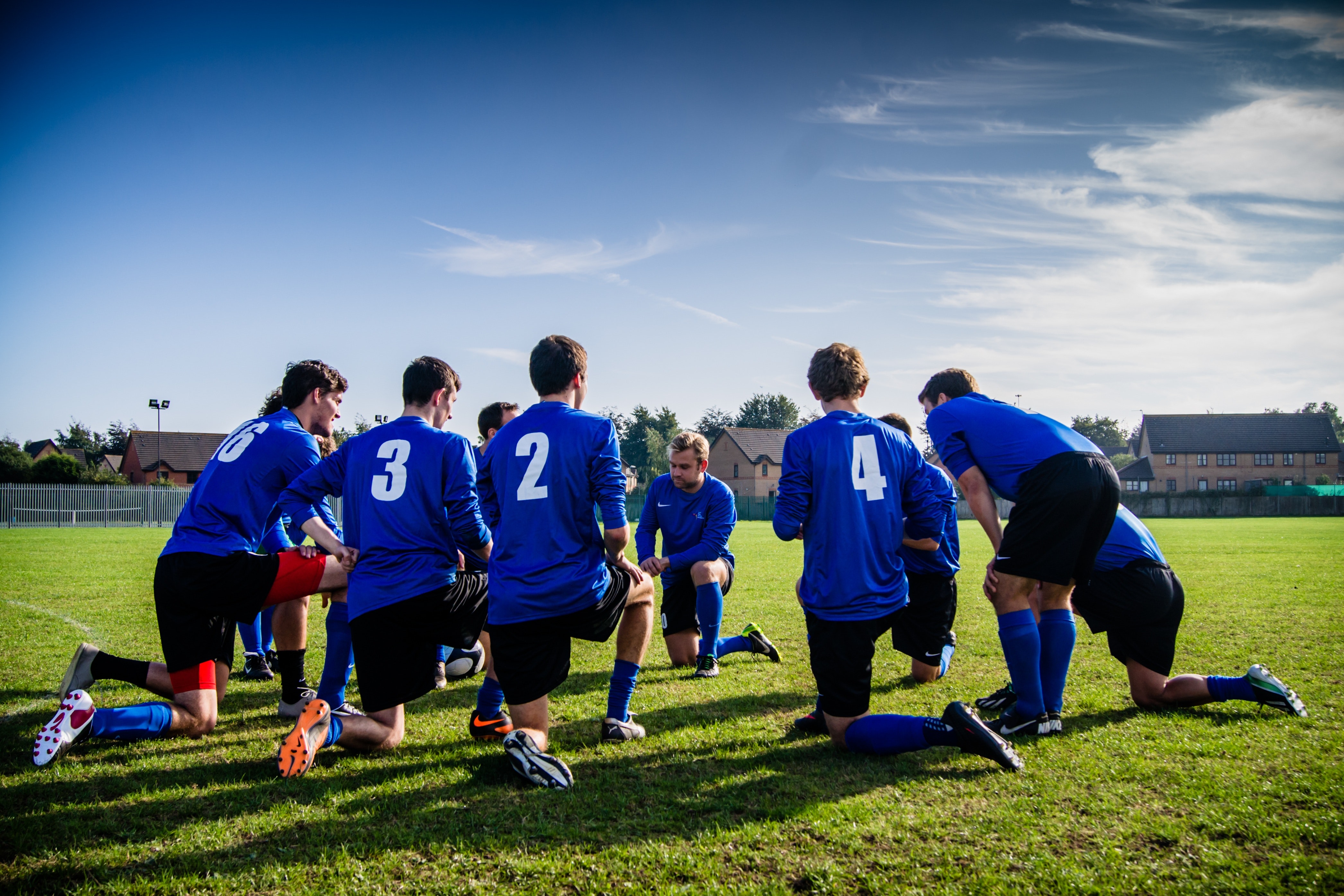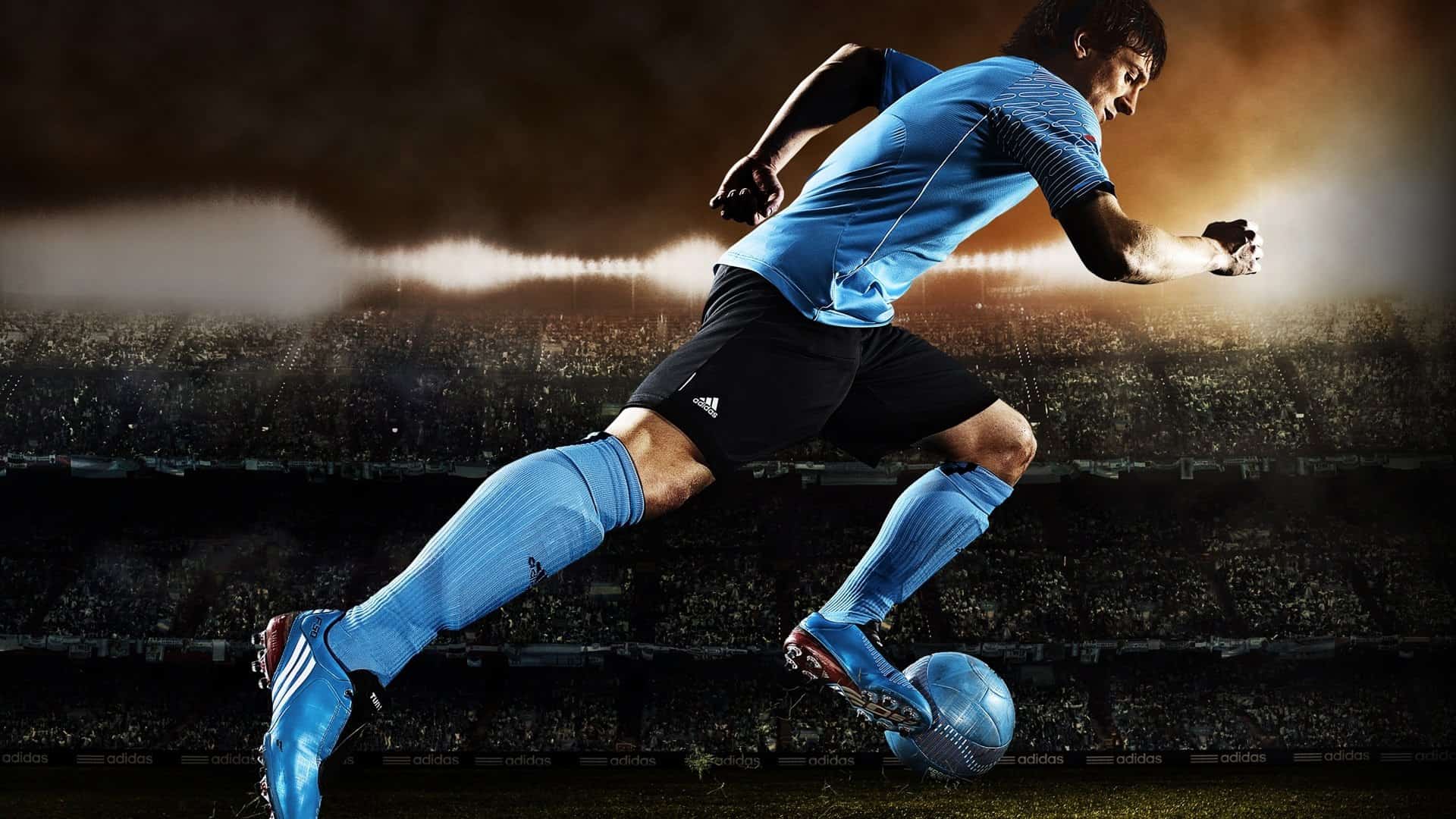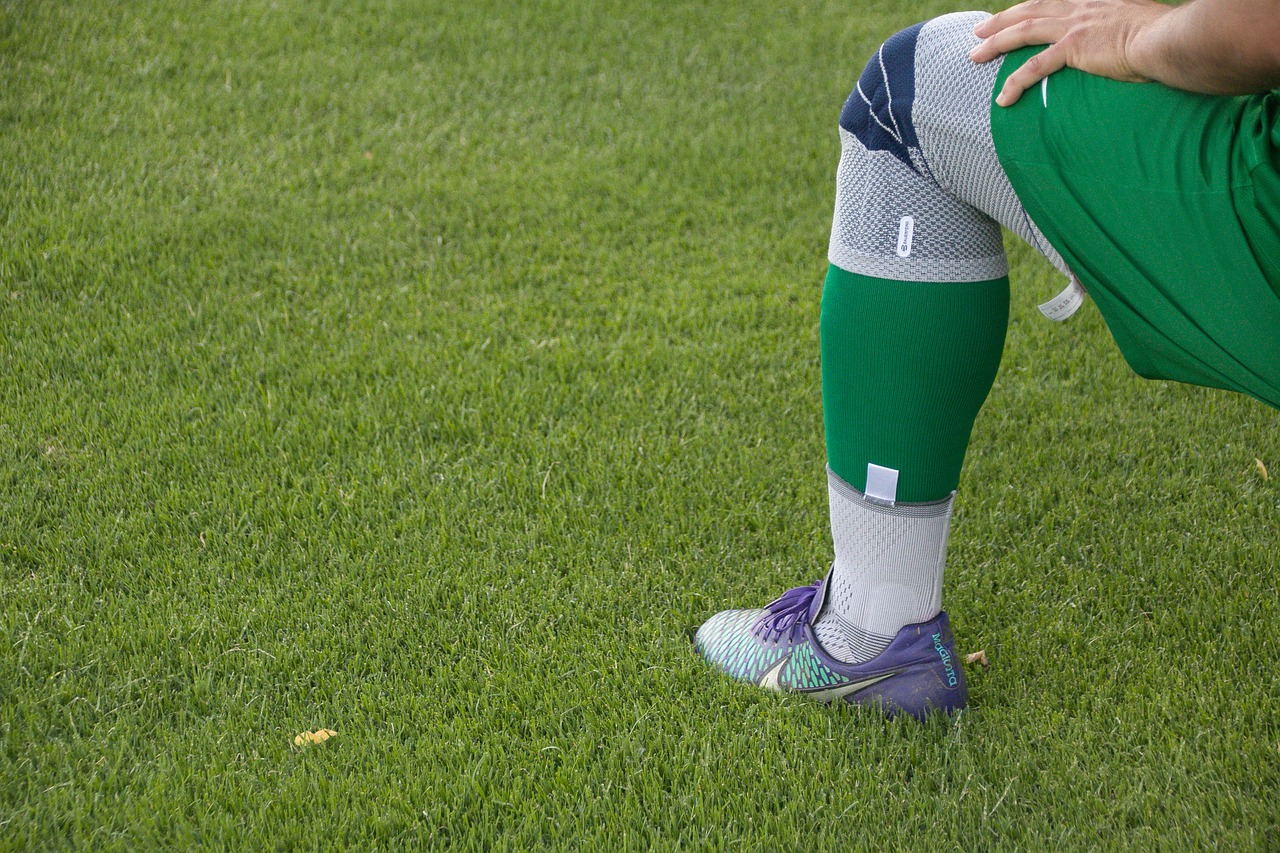The innovative approach of the RCD Espanyol youth academy: Building a promising future in football
He comprehensive training model from the quarry RCD Espanyol it's a example to follow for other clubs, and has proven to be effective in the training of elite footballers. The focus on the technical, personal and values development of young footballers, together with the highly qualified sports and technical structure, appropriate competition for the level of the players and personal support, are the pillars fundamentals of this comprehensive training model.





